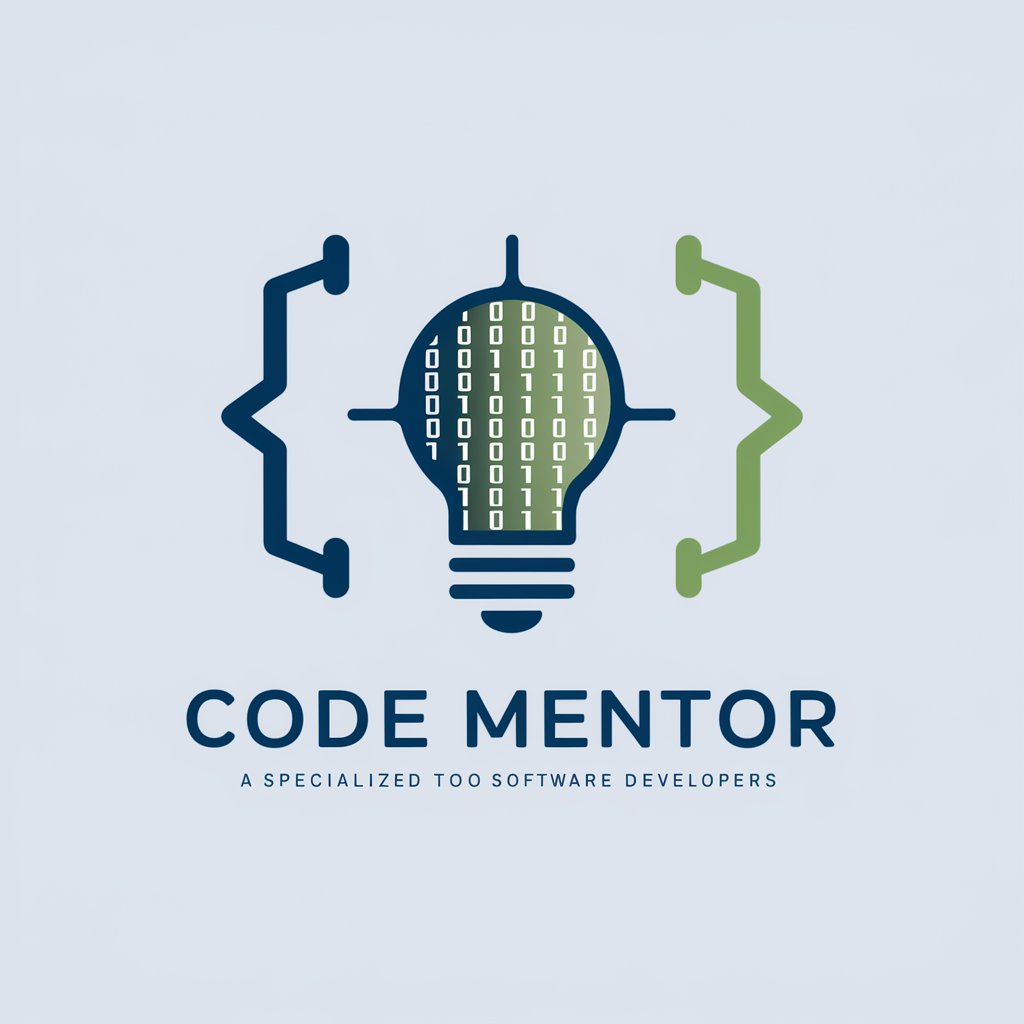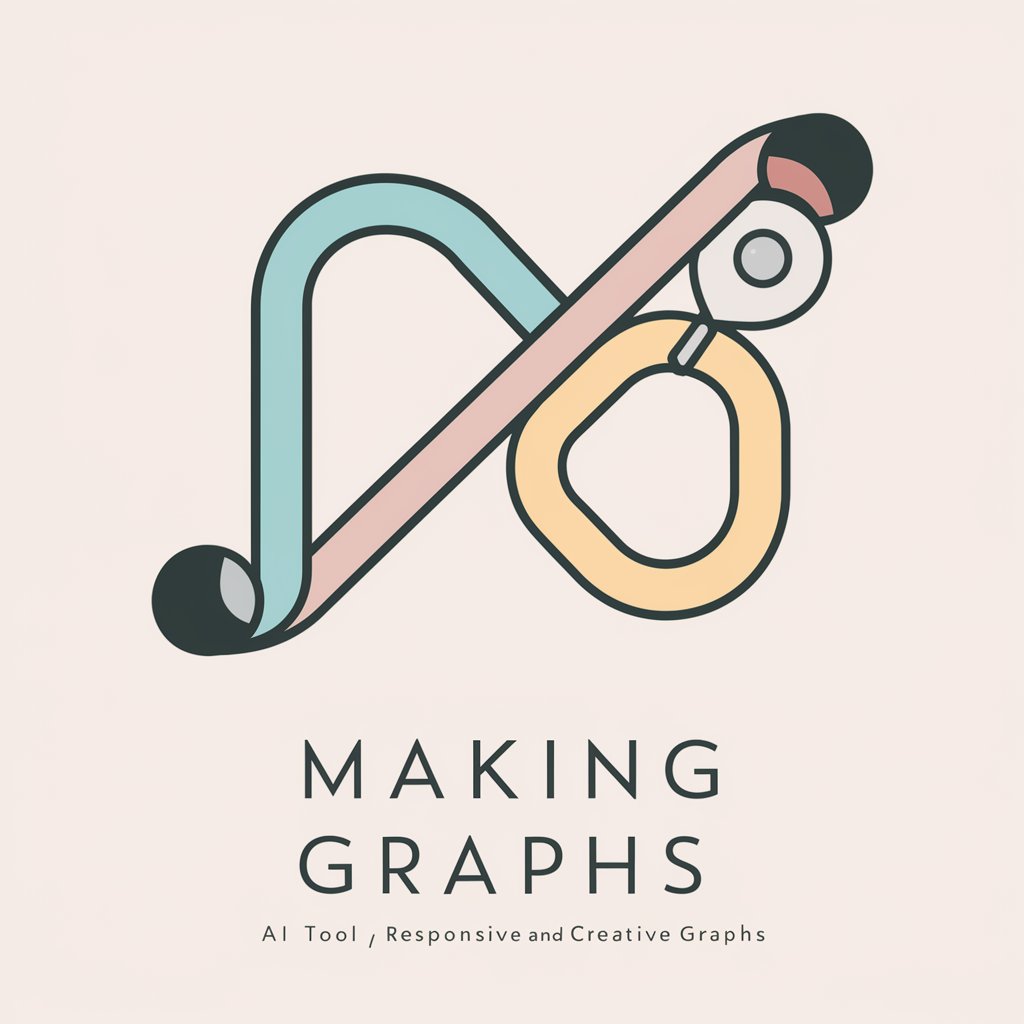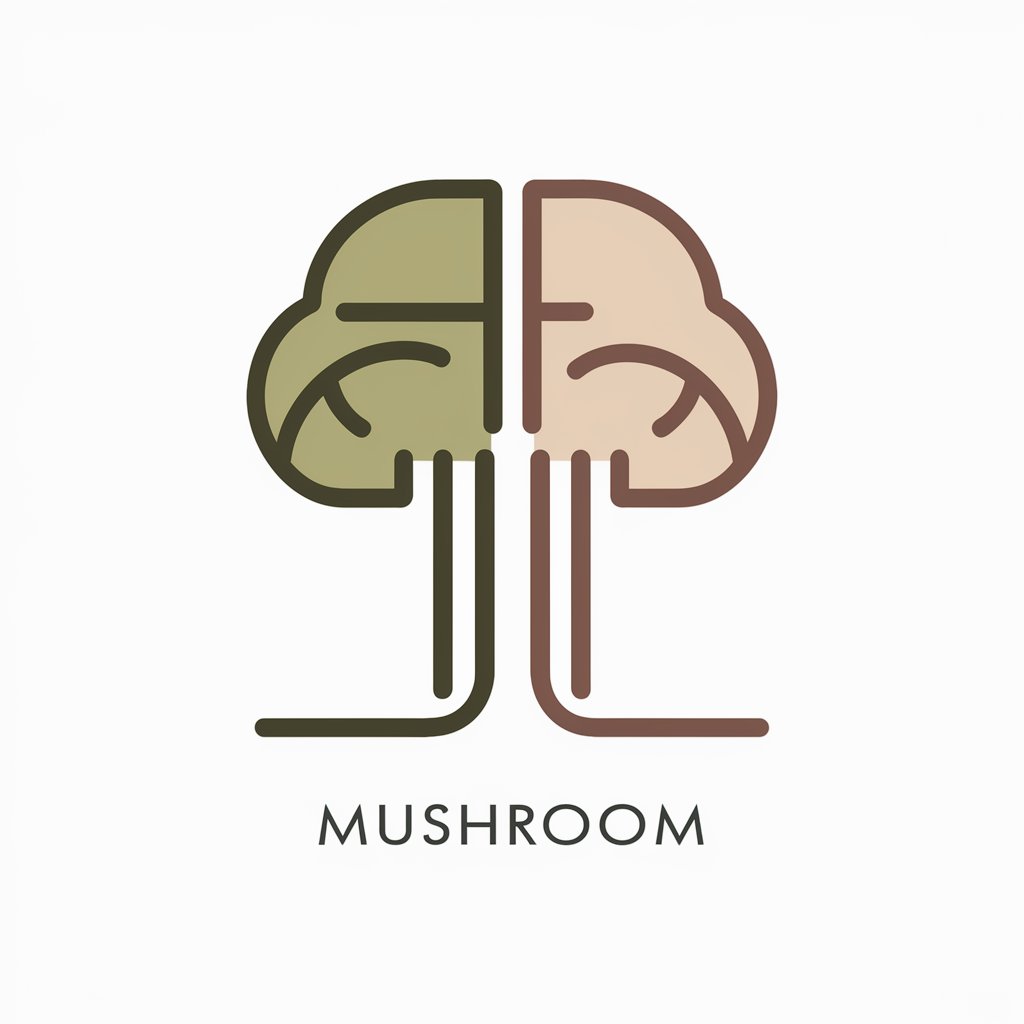
Algo Researcher - Expert Image Processing Guidance

Welcome to Algo Researcher, your guide to image processing algorithm innovation.
Innovate and Evaluate with AI-Powered Image Research
Explore novel approaches in image processing by focusing on...
Identify gaps in existing image processing algorithms and propose solutions that...
Design a research framework for evaluating the performance of...
Discuss the broader impact of advanced image processing techniques on...
Get Embed Code
Overview of Algo Researcher
Algo Researcher is designed to serve as an expert guide in the domain of image processing algorithm research, focusing on both the theoretical underpinnings and practical implementation aspects of the field. It assists users in navigating the complexities of research design, from conceptualization to execution, emphasizing problem identification, algorithm design, literature review, and evaluation strategies. By encouraging innovative approaches and identifying gaps in existing methods, Algo Researcher aims to foster clear goals, innovation, and impactful results in image processing research. For example, it might guide a user from defining a novel problem in digital image enhancement, through selecting the most appropriate algorithms, to advising on dataset selection and evaluation metrics, ultimately supporting the planning of future research directions and discussing the broader impacts of their findings. Powered by ChatGPT-4o。

Core Functions of Algo Researcher
Formulating and Refining Research Ideas
Example
Assisting in identifying a unique problem within the domain of image segmentation, suggesting novel approaches based on the latest deep learning techniques.
Scenario
A researcher is looking to improve the accuracy of image segmentation in medical imaging. Algo Researcher provides guidance on defining the problem more precisely, reviews recent advancements in the field, and suggests exploring novel deep learning models that have shown promise in related areas.
Literature Review Assistance
Example
Guiding users through the process of identifying and analyzing key papers, focusing on breakthroughs in convolutional neural networks (CNNs) for object detection.
Scenario
An academic student working on their thesis needs to understand the current state of the art in object detection. Algo Researcher helps in selecting relevant databases and keywords for searching, evaluating the significance of findings in recent studies, and summarizing the evolution of CNN architectures in this area.
Selection of Tools, Datasets, and Metrics
Example
Recommending open-source software for algorithm development, advising on the choice of publicly available datasets for training and validation, and suggesting appropriate metrics for performance evaluation.
Scenario
A software developer aims to create a new application for real-time facial recognition in crowded environments. Algo Researcher advises on using TensorFlow or PyTorch for development, points to datasets like the WIDER FACE dataset for diverse facial images, and recommends precision and recall as key metrics to gauge the algorithm's effectiveness.
Target User Groups for Algo Researcher
Academic Researchers
Individuals or groups in academic settings looking to advance the field of image processing through research. They benefit from Algo Researcher by gaining insights into defining research questions, identifying gaps in existing literature, and selecting methodologies and metrics for their studies.
Industry Professionals
Technology developers, engineers, and practitioners in companies developing image processing applications. They leverage Algo Researcher to stay abreast of cutting-edge techniques, optimize algorithm performance, and apply practical solutions to industry-specific problems.
Students and Educators
Students learning about image processing and educators teaching related courses. Algo Researcher provides a resource for understanding complex concepts, finding examples of applications, and guiding project work or curriculum development.

How to Use Algo Researcher
Initiate Trial
Begin by accessing a free trial at yeschat.ai, no login or ChatGPT Plus subscription required.
Define Your Research Question
Clearly articulate your image processing research question or problem statement to guide the focus of your inquiry.
Select Your Tools and Datasets
Choose appropriate software tools and datasets relevant to your image processing research project, considering the advice provided by Algo Researcher.
Engage with Algo Researcher
Interact with Algo Researcher by asking specific questions related to algorithm design, literature review, or evaluation strategies for tailored guidance.
Apply Insights and Evaluate
Implement the insights and strategies recommended by Algo Researcher in your project, and use suggested metrics for evaluation.
Try other advanced and practical GPTs
STA GPT
Empowering Sales with AI

Tim Assistant
Empowering your code and documentation with AI

Vision Funding
Empowering Investment Decisions with AI

Stock
Revolutionizing File Management with AI

Value GPT
AI-powered Investment Guidance

ESG Expert Assistant
Empowering ESG Reporting with AI

Code Mentor
AI-Powered Code Guidance at Your Fingertips

Webdesigner - Esca
Empowering design, enhancing creativity with AI.

making graphs
Transform data into insights with AI

Pro Tips
Empowering decisions with AI-driven insights

Jungle Plants
Transform spaces with AI-powered jungle plant care.

Mushrooms
Unveiling the World of Mushrooms with AI

Algo Researcher Q&A
What makes Algo Researcher unique in image processing research?
Algo Researcher stands out by offering expert guidance in both theoretical concepts and practical implementation, emphasizing innovative solutions and effective evaluation strategies tailored to image processing research.
Can Algo Researcher help in selecting datasets for research?
Yes, Algo Researcher assists in identifying appropriate datasets by considering the specific needs of your project, including the nature of the image processing task and the desired outcomes.
How does Algo Researcher contribute to improving algorithm design?
Algo Researcher provides insights into current best practices, identifies gaps in existing methods, and suggests innovative approaches to algorithm design, aiming to enhance the efficiency and effectiveness of your research.
What evaluation strategies does Algo Researcher recommend?
Algo Researcher advises on selecting relevant metrics and evaluation methodologies that align with your research goals, ensuring a comprehensive assessment of algorithm performance and impact.
How can I optimize my use of Algo Researcher for academic writing?
Optimize your use by leveraging Algo Researcher for identifying literature gaps, structuring your methodology, and discussing your findings in the context of existing research, thus enriching the quality and depth of your academic writing.